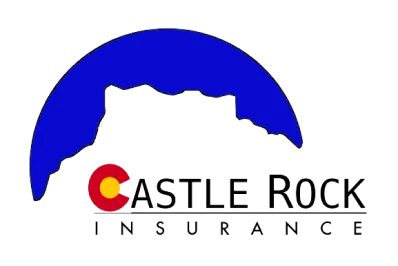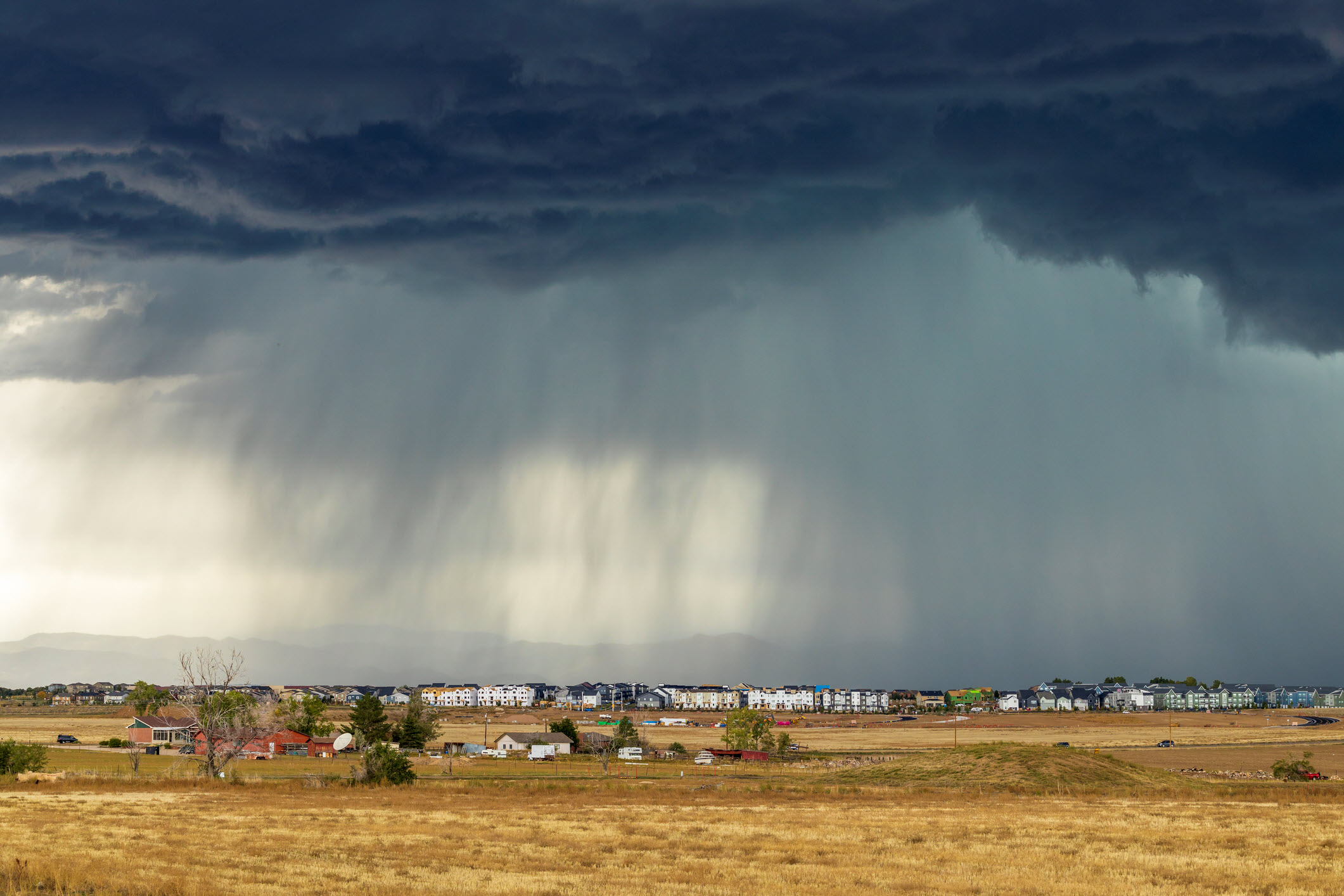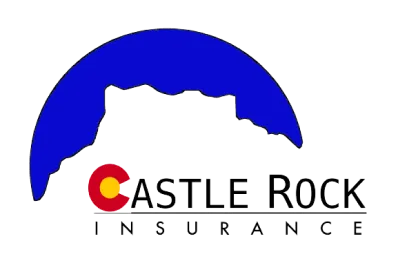Supermarket businesses play a critical role within Colorado communities, providing essential goods and services that sustain daily life. These establishments offer a wide range of products, including fresh produce, dairy, meats, household items, and often, pharmaceutical services. By serving as one-stop shops, supermarkets significantly enhance the convenience and quality of life for local residents. Their importance extends beyond mere consumer transactions; supermarkets often create employment opportunities and contribute to the local economy, establishing themselves as indispensable community pillars.
Insurance is essential for supermarket businesses due to the myriad of risks they face daily. Given the high volume of foot traffic, the likelihood of slip-and-fall accidents is substantial, posing liability issues. Supermarkets are also exposed to risks like inventory loss from power outages, equipment failures, and natural disasters. These businesses handle substantial amounts of cash and sensitive customer data, making them susceptible to theft and cyberattacks. Without proper insurance, a single incident can lead to significant financial losses, legal battles, or even operational shutdowns, threatening the supermarket’s longevity and service continuity.
Supermarket businesses in Colorado require a comprehensive range of insurance coverages to ensure robust protection. General liability insurance is fundamental, safeguarding against third-party injuries and property damage. Property insurance is crucial for covering damages to buildings, equipment, and inventory from events like fires, thefts, and natural disasters. Workers’ compensation insurance is necessary to cover medical expenses and lost wages for employees injured on the job. Cyber liability insurance protects against data breaches and cyberattacks, while business interruption insurance provides financial support during periods when the supermarket cannot operate. Robust insurance coverage allows supermarkets to manage risks effectively, ensuring they can continue to serve their communities without interruption.
How Much Does it Cost to Insure a Supermarket in Colorado?
When it comes to insuring a supermarket in Colorado, the costs can vary significantly based on multiple factors, including the size of the store, location, annual revenue, and the types of coverage you select. Generally, supermarket insurance can range from $10,000 to $50,000 per year. This variation is due to different risk exposures such as liability, property damage, workers’ compensation, and business interruption coverage. High-traffic stores in urban areas might expect to pay at the higher end of the spectrum, while smaller, rural grocery stores may find their costs on the lower end.
Working with local Colorado-based insurance brokers like Castle Rock Insurance can provide you with tailored coverage options that specifically suit your supermarket’s needs. Local brokers have a deeper understanding of state-specific regulations and local market conditions, which can greatly influence the costs and coverage options available to you. They can help you navigate the complexities of various policies and ensure that you get the most comprehensive coverage at the best possible price, aligning your insurance needs with your budget.
Protect Your Supermarket: Get an Insurance Quote Today!
Castle Rock Insurance is highly recommended for supermarket business insurance in Colorado due to its extensive access to over 50 commercial carriers. This broad network enables them to offer customized coverage tailored specifically to the unique risks and needs of supermarket operations. They provide essential protections including general liability, property insurance, and workers’ compensation, ensuring comprehensive risk management. With decades of industry experience, Castle Rock Insurance focuses on delivering competitive quotes and superior customer service, making them an invaluable partner. Their expert knowledge of commercial insurance markets ensures that supermarkets receive the best possible coverage at cost-effective rates.















